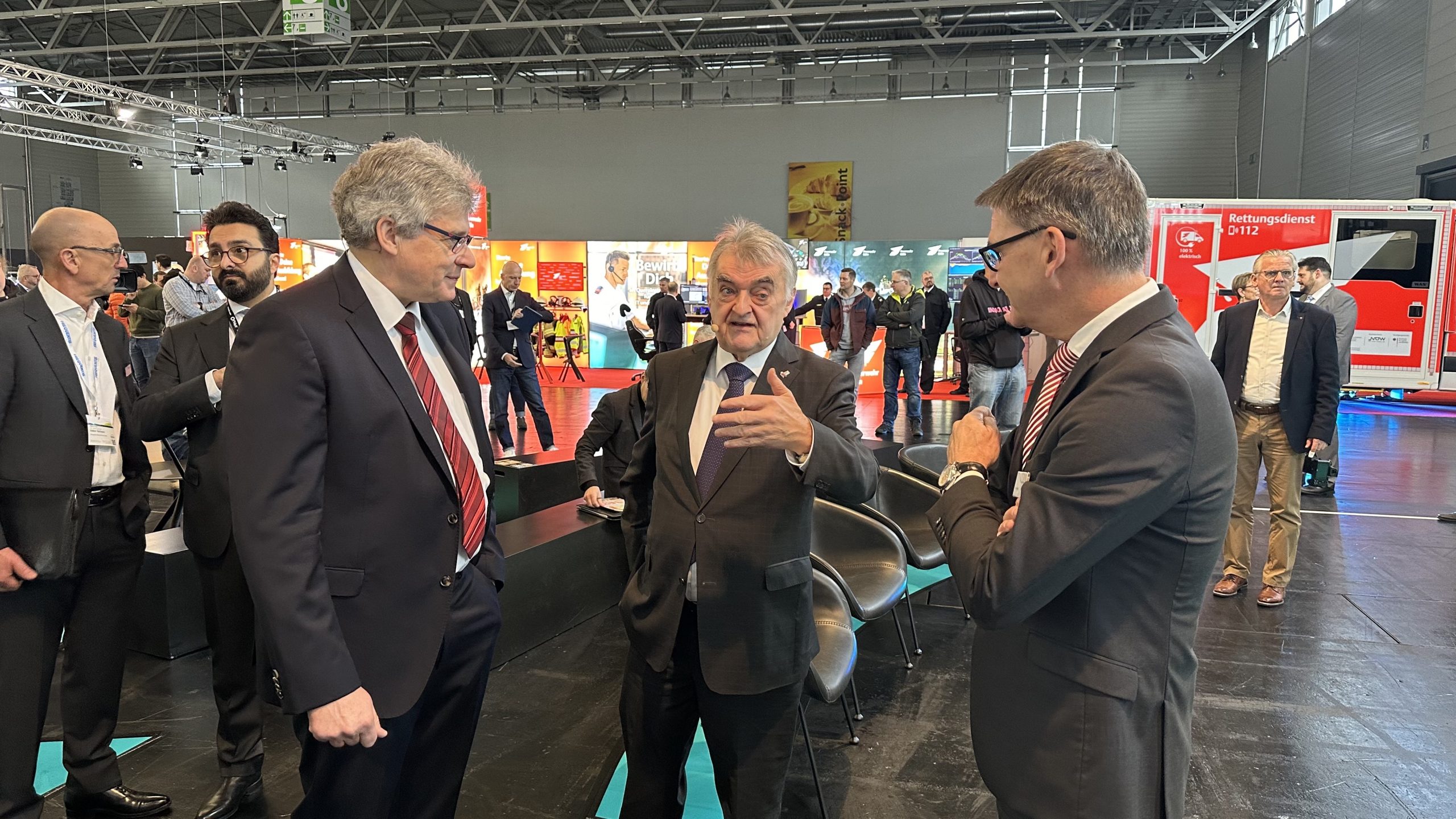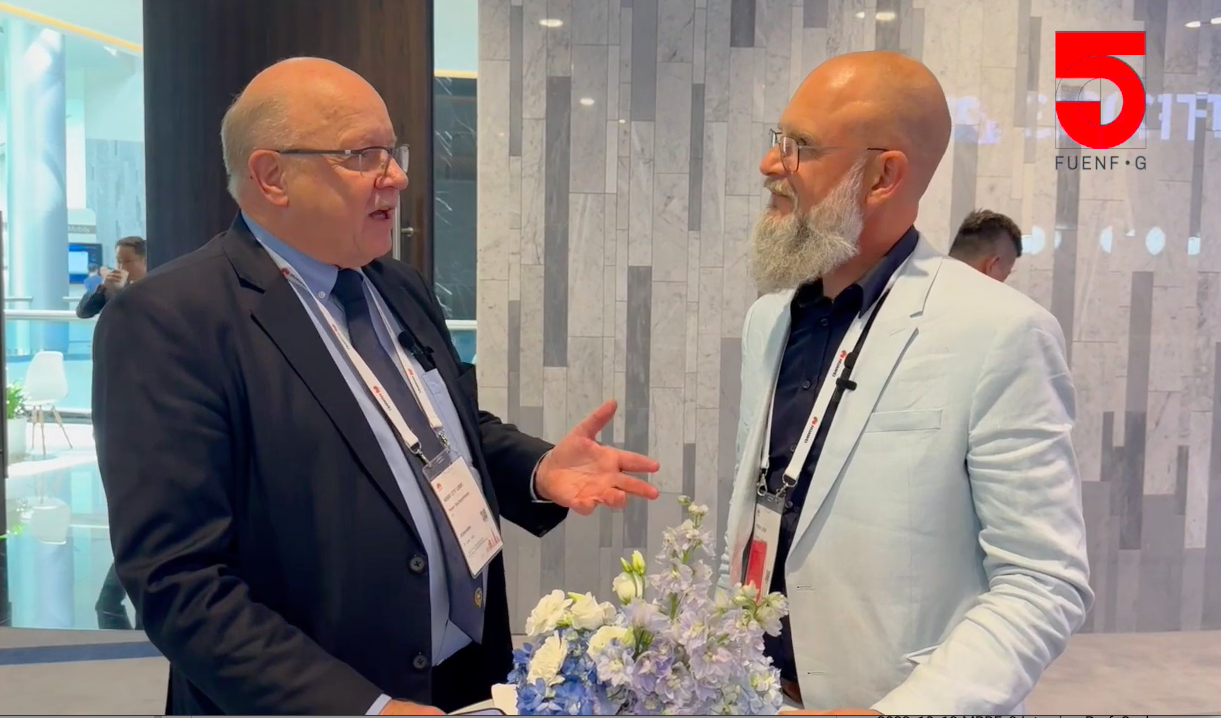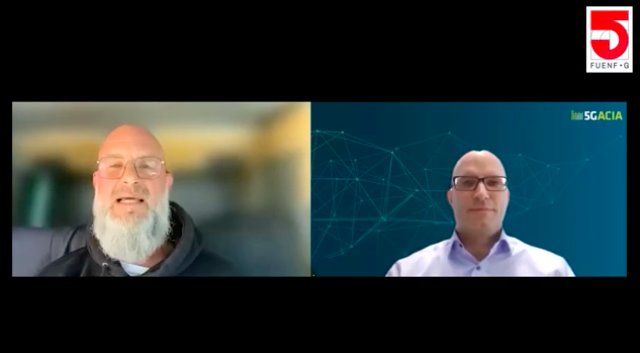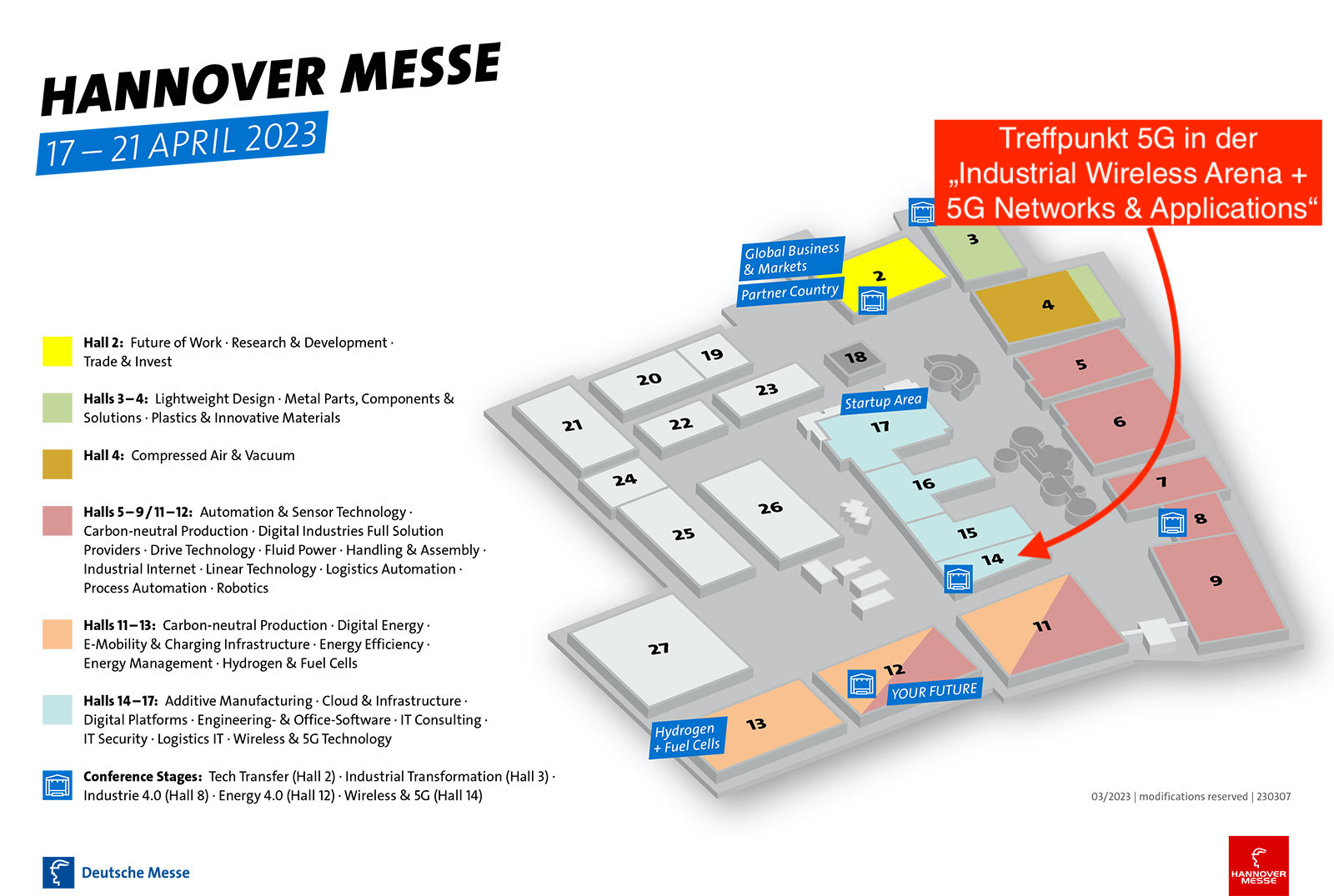Fiber optics is the solution to many network bottlenecks – but only if it is also laid. (Image Pixbay)
The guiding principle has been clear for years: Germany needs the best broadband networks – anywhere and anytime. This is important if Germany is to survive in the face of international competition and make developments such as the platform economy a reality. But the country is still a long way from achieving this goal. Experts are working, for example within the framework of the Digital Summit, to achieve this goal and are calling for very concrete measures to this end.
Originally, this year’s Hanover Fair and the 5G Forum there were planned to take stock of five years of 5G working group in the form of a panel discussion as part of the Digital Summit. Co-organized by the head of the working group Olaf Reus (Ericsson), leading members such as Prof. Laudan (Deutsche Telekom), Dr. Irmer (Vodafone), Alexander Bentkus (ZVEI), Nick Kriegeskotte (Bitkom), Ulrich Rehfuess (Nokia) and Dr. Radusch (Fraunhofer Fokus) were to present, discuss and evaluate the group’s results. Certainly, the politicians who were also present would have been given one or the other demand directly on the way.
But even without this high-profile balance, there are visible results. According to Reus, thanks to the Digital Summit, in the five years since its inception “a unique eco-system of 5G experts has been established. A network that had grown over time to include more than 100 experts from telecommunications operators, equipment suppliers, scientists, association representatives and administrative staff. “In particular, during this time we have succeeded in organizing numerous representatives of the application industry in the circle,” says Reus. These include Bosch, Siemens, Audi, Daimler, Volkswagen, Eon and representatives of the ZVEI and VDA associations.
It all started in 2015 – still at the Cebit – with the mandate from Federal Minister Dobrindt and Telekom CEO Höttges to set up a working group to provide information on the potential of 5G, to examine regulatory framework conditions for a rapid roll-out and to establish a relevant cross-industry 5G ecosystem. Now that 5G had been introduced and discussed in many expert committees, the group considered its original mandate to be fulfilled. The 5G-Arena of the Hannover Messe was to be the final review and outlook.
Concrete proposals for fiber optic expansion
It is true that since the 1st Mobile Communications Summit in 2018, more than 18,000 masts have been newly erected or upgraded by the companies involved at that time, which according to the BMVI should lead to a “better network for far more than 15 million people”. However, this is not enough for a fast and nationwide introduction of 5G in Germany.
In order to improve Germany’s infrastructure, the 5G working group therefore calls in a paper for “More speed in network expansion” and “More speed in fiber optic expansion”. The experts recommend concrete measures to increase both expansion efficiency and speed: very practical improvements to the framework conditions and more fundamental adjustments:
- Standardizing and digitizing applications and permits under building law
- Debureaucratize approval processes
- Coordinate building permit procedures (scoping)
- Establishment of a federal-state commission to increase acceptance of alternative laying methods
- Equality to classical civil engineering as well as the mapping in new DIN standards
- Equalizing above and below ground installation
- Eliminate capacity bottlenecks with (municipal) road construction companies
- Promote alternative financing possibilities for FTTB/H expansion
Speed in network expansion
The long duration of the procedure for setting up mobile radio sites is also a thorn in the side of the working group: in order to get away from the typical two to two and a half years, concrete proposals are also made here:
- Shared use of public sector infrastructure
- Continue shared site usage by several MNOs (Mobile Network Operator)
- Digitize approval procedures
- Building regulations
- Lifting heights without permission
- Extend freedom of movement for mobile masts
- Reduce spacing surface depths
- Ensuring process freedom for small cells
- Construction planning law
- Enabling mobile phone sites in residential areas
- Simplify Small Cell Roll-Out through framework agreements
- Debureaucratize expansion in the outdoor area
- Creating rights of way to mobile phone sites
- Ensure power connection
Further contents
On the pages of the Digital Networks Platform you can find all documents of the 5G working group of the past years. Under “Mehr Tempo beim Netzausbau” you can read all the proposals in detail once again. These Information are all in German.
What do you think about the proposals? Do you agree or do you have better proposals? Join the discussion!








Leave A Comment